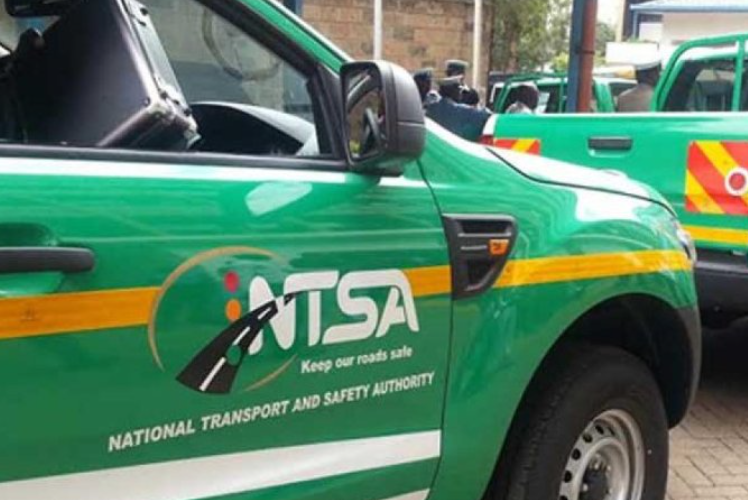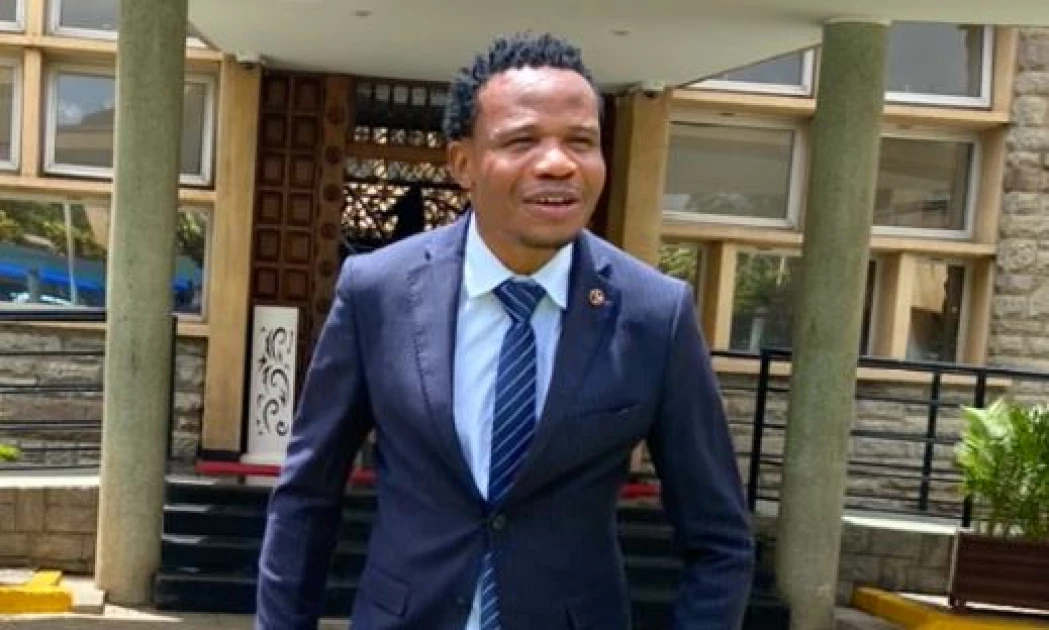Milimani Law Courts have been closed for 11 days with effect from Friday, August 26, to pave way for the hearing of presidential election petitions to take place – the Judiciary has said.
The closure directive comes as the law courts premise is currently hosting the Supreme Court which is expected to hear and determine the several presidential petitions lodged on Monday challenging William Ruto’s win as President-elect.
Presidential petition hearing at Milimani Law Court
The hearing of the nine petitions lodged with the top court will take place at Milimani Law court Ceremonial Hall, unlike the previous petitions where the legal proceedings happened at the Supreme Court Building.
It is said that the seven judges of the apex court will not use the old building for want of adequate space as per the COVID-19 pandemic regulations.
In a notice released on Tuesday, the Judiciary said that during the 11days period, urgent matters shall be dealt with on the online platforms.
“All advocates, prosecuting counsels, clients, national police service, and the prison service take note that Milimani Chief Magistrate Courts and Traffic Court will not be physically accessible due to the hearing of the Presidential Election Petitions from August 26 to September 5, 2022.”
“Take further notice that all fresh pleas and certificates of urgency will be filed and handled at City Court. All matters scheduled for this period will be mentioned virtually for directions by the respective courts during the period,” the notice by the Judiciary reads.
Petitions filed by Azimio
The notice came a day after several petitions challenging Ruto’s win were filed by Azimio la Umoja-One party leader Raila Odinga and his running Martha Karua, Activists Okiya Omtatah and Khelef Khalifa, David Kairuki Ngari, Youth Advocacy Africa(YAA), John Njoroge Kamau, Julia H Chege and gospel singer Rueben Kigame clearly setting the stage for a major legal duel at the apex court.
The eight petitions lodged with the country’s top court are all seeking the invalidation of Ruto’s election and a repeat of a fresh presidential election in accordance with the constitution and Elections Act among other orders from the Supreme Court.
However, in the ninth petition by Chama Cha Kazi party leader Moses Kuria and outgoing Mbeere South MP Geoffrey King’ang’i, they are seeking dismissal of the suit lodged by Raila Odinga and Martha Karua over alleged election malpractices.
The two outgoing MPs claim that Odinga through his Chief Agents led by Saitabao Kanchory and others caused violence at the National tallying centre, Bomas.
All the nine petitions will be determined by the seven judges of the Supreme Court, led by Chief Justice and President of the Supreme Court Martha Koome,
Others include Lady Justices Philomena Mbete Mwilu (Deputy Chief Justice and Vice President of the Supreme Court), Njoki Susanna Ndung’u, Justices Mohamed Khadhar Ibrahim, Dr Smokin Wanjala and Isaac Lenaola.
As per the Supreme Court presidential election rules, 2017 the seven judges have up to September 5 to determine the validity of Ruto’s election as the fifth Kenyans President.
According to timelines released by Justice Koome recently, Ruto and other respondents such as IEBC and its Commissioners are supposed to file their responses to the nine petitions by Saturday, August 26.
A day for those who wish to be enjoined in the petitions and another day for preliminary hearings.
The seven Supreme Court judges will then hold a day for a pre-trial conference on Tuesday next week in which the judges will issue guidelines on how the hearing will be conducted, the time for presentation and rebuttal, and the sitting arrangements. The hearing will commence immediately after the pre-trial, which could be done on the same day.
The judges have six days to hear and write the judgment. The entire presidential election petition takes 14 days from the filing date.
The decision of the court will be final; it could uphold the commission’s declaration which means that President-elect will be sworn in on September 12.
But it could also declare the commission’s announcement null, paving the way for fresh elections to be held 60 days after the nullification of such a result.









